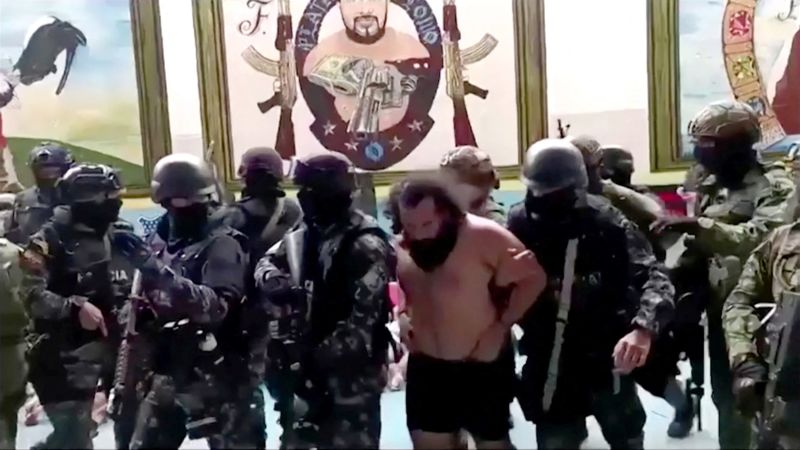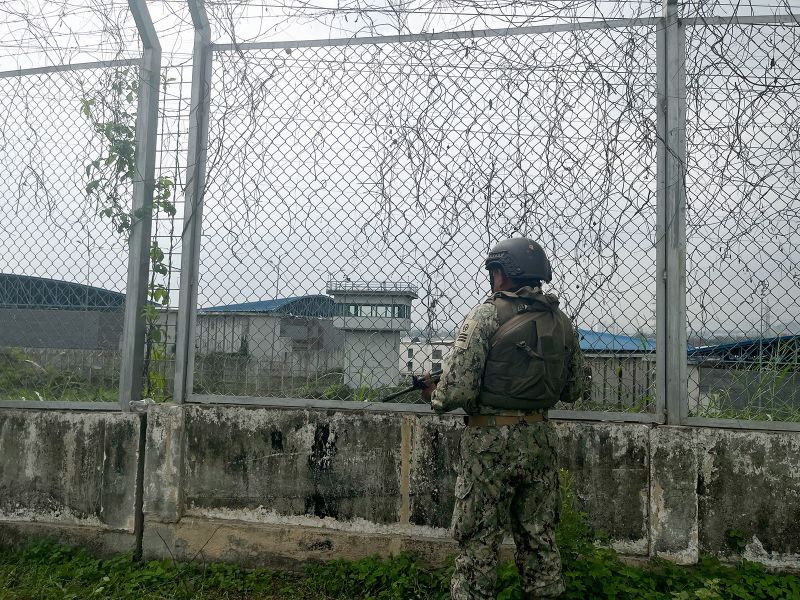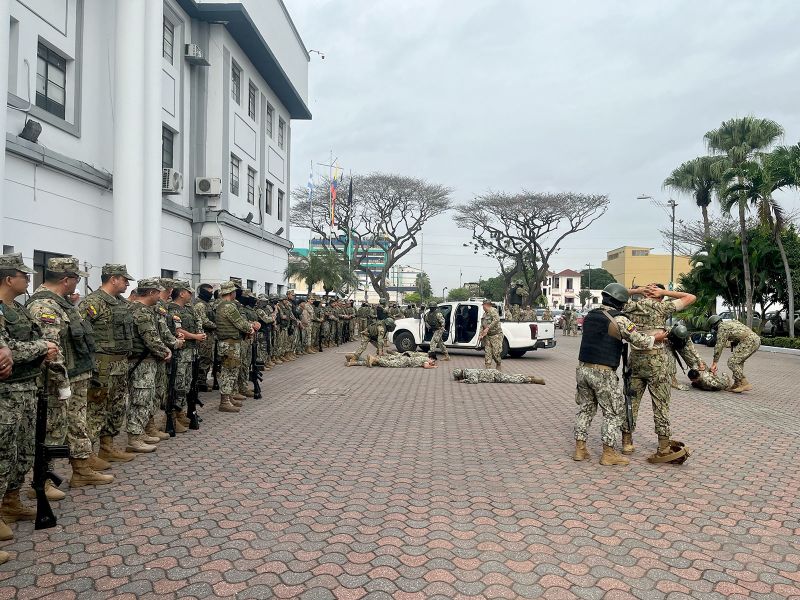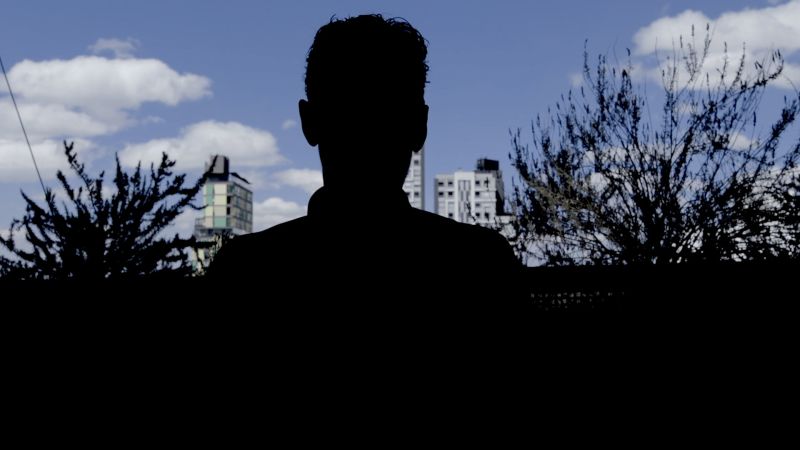
The Crisis in Ecuador: A Nation Under Siege

Ecuador is facing a crisis of unprecedented proportions, with armed gangs unleashing terror across the country. The government has declared an 'internal armed conflict' and is mobilizing its armed forces to neutralize the threat. Citizens are living in fear as violence and chaos grip the streets of Ecuador's largest city, Guayaquil. This article provides an in-depth look at the current situation in Ecuador, the government's response, and the impact on the lives of its people.
The Unfolding Chaos
The tranquility of Ecuador, once known as the region's 'Island of Peace,' has been shattered by a wave of violence and terror. Armed gunmen have struck fear into the hearts of citizens, storming local television news studios, attacking hospitals, universities, and malls. The situation reached a critical point on January 9 when notorious gang leader José Adolfo Macías, also known as 'Fito,' escaped from prison, prompting the government to declare a state of emergency. This declaration unleashed a wave of attacks, marking a turning point in Ecuador's fight against the gangs.
Members of the police and military escort Jose Adolfo Macias at Guayaquil prison, Ecuador, August 12, 2023, in a screengrab from a video provided by the Ecuadorean Police.
President Daniel Noboa has taken decisive action, declaring an 'internal armed conflict' and ordering the armed forces to 'neutralize' the members of over 20 gangs labeled as terror groups. The military and police are conducting raids, arresting thousands of individuals with suspected ties to terror groups. However, the battle is far from over, as the government estimates that at least 30,000 people in the country are linked to these criminal organizations.
The military guards the outer perimeter of Guayaquil's prison complex, the biggest in the country and the place where Fito was held before his suspected escape.
The crisis has not only affected the security of the nation but has also had a profound impact on the daily lives of Ecuadorians. Fear and uncertainty have permeated the streets of Guayaquil, with citizens living in constant apprehension. The government's efforts to combat the violence have resulted in a nationwide curfew and extensive security measures, including roving checkpoints and thorough inspections of individuals and vehicles. The situation has left citizens feeling vulnerable and has driven some to consider leaving the country in search of safety and security.
Soldiers take part in drills before they head out on operations in Guayaquil.
The Government's Response
In response to the escalating crisis, President Noboa has sought international cooperation, appealing to the US and European nations for assistance. He has emphasized the global nature of the problem, highlighting the role of drug trafficking and the need for joint efforts to address the issue. The government's crackdown on criminal groups has faced significant challenges, with concerns about the lack of tactical equipment, ammunition, and intelligence needed to sustain the fight long term. Despite these challenges, the military and police remain determined to confront the armed groups and restore peace to the nation.
Armed gunmen stormed a local television news studio, taking anchors and staff hostage during the live broadcast.
The government's actions have sparked a wave of emotions and reactions among the citizens, with many expressing their concerns about the impact of the crisis on their lives. The sense of fear and insecurity has led some to consider emigrating from Ecuador, while others remain committed to staying and contributing to the country's recovery. The resilience and determination of the people in the face of adversity are a testament to their unwavering spirit and sense of national pride.
Carlos, an American expat living in Colombia
The Human Cost
Amidst the chaos and turmoil, the human cost of the crisis is painfully evident. Families have been torn apart, and lives have been lost in the crossfire of violence. The heart-wrenching accounts of individuals like Camille Gamarra and Diego Gallardo, who found themselves caught in the midst of the chaos, serve as a stark reminder of the devastating impact on the lives of ordinary citizens. The loss of loved ones and the anguish of uncertainty have taken a heavy toll on the people of Ecuador, leaving them grappling with grief and trauma.
As the nation mourns the lives lost and the upheaval caused by the crisis, it also looks towards the future with a sense of hope and resilience. The courage and determination of individuals, including the security forces and citizens who have refused to be cowed by fear, are a testament to the strength and unity of the Ecuadorian people. The road to recovery may be long and arduous, but the spirit of the nation remains unbroken, determined to overcome the challenges and rebuild a safer and more peaceful Ecuador.













